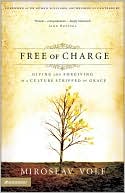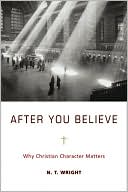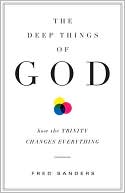"Wisdom is good with an inheritance, an advantage to those who see the sun. For the protection of wisdom is like the protection of money, and the advantage of knowledge is that wisdom preserves the life of him who has it. Consider the work of God: who can make straight what he has made crooked? In the day of prosperity be joyful, and in the day of adversity consider: God has made the one as well as the other, so that man may not find out anything that will be after him." (Ecclesiastes 7:11-14, ESV)
Money can make life more stable and secure, especially in the Ancient Near Eastern context that the Preacher is writing in, but it doesn’t help much if it is not accompanied by wisdom. Though the Preacher understands the limits of wisdom (see 2:12-17), he also argues that its pursuit is extremely valuable. His words are worth pondering. Many of us Americans seem to think that money in the bank, a nice home, a nice car, etc. are key to living happy, secure lives. But money without wisdom is useless. Pursue wisdom with greater tenacity than you pursue money. I think that is where the Preacher is going.
However, the Preacher immediately qualifies his statements on wisdom. The Proverbs repeatedly claim that the path of the wise and righteous leads to prosperity, health, joy, and long life; whereas, the foolish and wicked find hardship, disease, sorrow, frustration, and quick death. There is, in other words, a general pattern weaved into the fabric of human society so that wise and virtuous choices lead to flourishing, and foolish, self-centered choices lead to ruination. When you see this pattern, the temptation is to think that every wise choice leads to immediate prosperity, and every foolish choice leads to immediate destruction, or that every wise and righteous person is wealthy, healthy, and happy, and every foolish guy is poor and destitute. But life just isn’t that streamlined. God has made things a bit more “crooked” than that. Prosperity doesn’t always come through wisdom, and adversity is not always on the heels of foolishness.
Why might have God made life so unpredictable? There are more answers than one to that question, but for starters I think humility is a good answer. And I think that is the Preacher’s answer. It is almost as if he is saying, “Wisdom is good. Get as much of it as you can. But don’t get too cocky. Don’t think you’ve got this life figured out. Don’t think that just because you’ve acted wisely and virtuously that tomorrow is going to be easy.” If God had made a simplistic cause and effect universe (good always brings good, and bad always brings bad) then we would pretty naturally come to the conclusion that we are in control of our lives, our destinies, our world. Such control is stripped from us and forces us to see our creatureliness. We hate not knowing the future, not having control. That is, we hate being creatures, and we hate not being God.









No comments:
Post a Comment